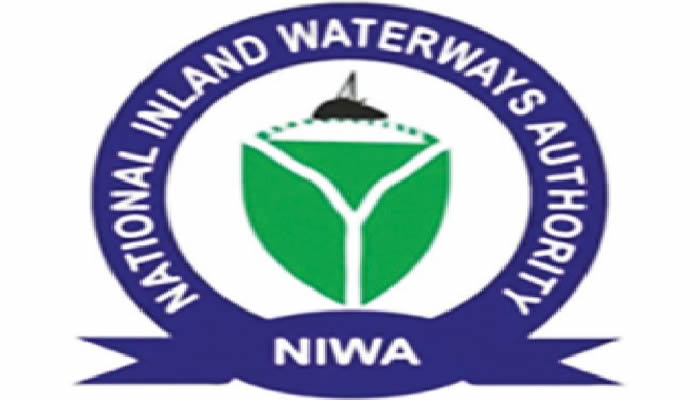By Peter Omopo
Abuja, September 9, 2025 — The National Inland Waterways Authority (NIWA) has announced an immediate ban on unlicensed boat operations and loading from unauthorised jetties across Nigeria, in a sweeping move to improve safety on the nation’s inland waterways.
At a press briefing in Abuja on Tuesday, NIWA Managing Director Bola Oyebamiji said the new directives were necessary to curb the rising wave of fatal boat accidents.
“NIWA has placed an immediate ban on loading activities from all unauthorised loading points across the country. No commercial passenger boat shall be allowed to load from any point other than those recognised and registered by NIWA,” Oyebamiji stated.
He added that all commercial boat operators must provide life jackets for passengers and enforce their use at all times, while boats must display their names and load lines clearly.
Oyebamiji further directed the removal of all unlicensed boats and watercraft from Nigeria’s waterways.
“All unlicensed boat drivers and operators are banned from operating any boats or watercraft on the waterways,” he said.
The decision follows a series of deadly accidents that have claimed dozens of lives in recent months.
- April 2025: A storm capsized a trader-laden boat on the Niger River near Sokun Village, Lapai LGA, Niger State. Many drowned, though casualties were never officially confirmed.
- July 2025: A passenger boat carrying rice, livestock, and about 40 people capsized after striking a submerged log on the Shiroro River. Fifteen bodies were recovered, three people remained missing, while 26 passengers wearing life jackets were rescued.
- August 2025: In Sokoto, a heavily loaded boat carrying women, children, and motorcycles capsized en route to Goronyo market, resulting in multiple fatalities.
- September 2025: In Niger State, at least 27 people died when a wooden boat carrying mourners to a condolence visit capsized on the Malale River in Borgu LGA.
These tragedies, NIWA said, highlight the urgent need for stricter safety enforcement on waterways, especially during the stormy season when risks are higher.
The latest policy aligns with the government’s broader effort to improve inland waterway transport and restore public confidence in a sector long plagued by poor regulation, overloading, and inadequate safety practices.

